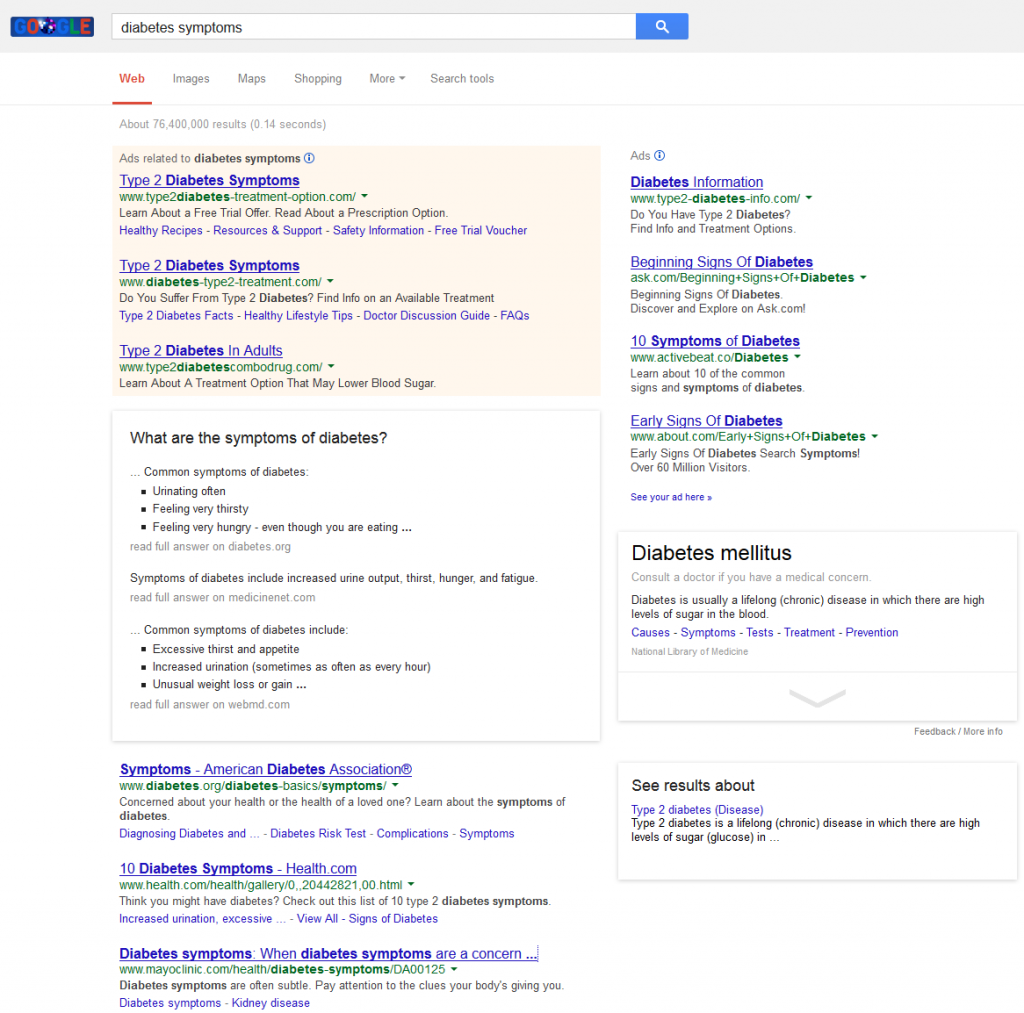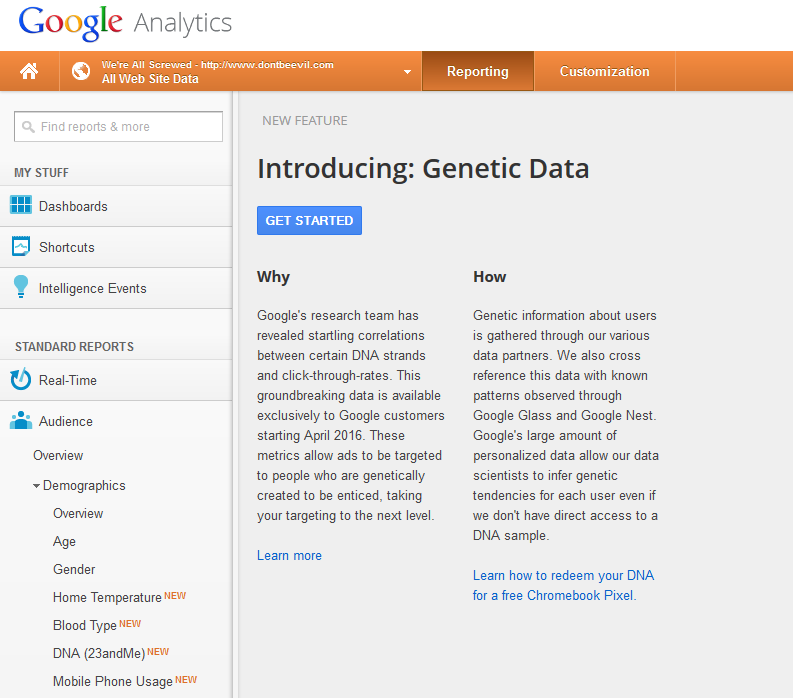If you write something really wonderful online and it becomes popular, you are supposed to get a nice spike in traffic and all of the links, shares, emails and subscribers that go along with a high-quality piece that you have created. More or less, that’s how can build a following online.
For a long time, the Internet has given great power to the creators. You could be rewarded in a big way for creating something that people wanted. A nobody could become somebody with just a few blog posts.
That can still happen, but we’re entering an age where creators have less power than ever. The popular people online who are receiving all the acclaim aren’t creators anymore; they are the curators.
With sites like Upworthy, ViralNova and the like raking in piles of cash by “hacking” content curation, more and more people are shifting their focus towards republishing content with a clickbait title designed to optimize the amount of social traffic they are bringing in. The only real creation they are doing involves writing a few descriptive paragraphs. You see dozens of sites with engineered curation models coming across your Facebook feed all of the time.
There will always be leeches like this out there and, to be honest, I’m a bit envious of Upworthy’s success and business model. They found a weakness in Facebook’s algorithm and are exploiting it with great success. It’s genius.
But what’s frustrating is seeing bigger publications start to turn down the same path as the curators like Upworthy.
Take The Atlantic, for instance. This post on Facebook’s ability to determine if you are in a romantic relationship was at the top of Hacker News for much of today. It’s not an original piece by The Atlantic and all the interesting content comes from Facebook’s blog.
The only difference between the two? The title.
Facebook went with “The Formation Of Love.”
The Atlantic’s read “When You Fall In Love, This Is What Facebook Sees.”
Currently, Facebook’s original post with original research has 361 shares. The Atlantic’s reblog with a sexy title has over 27,000.
I’ve always said that the best skill to hone if you want to excel at marketing is your writing. Creating things people want is one of the most evergreen skills that you can have.
It turns out that really isn’t true anymore. The page views are going to the curators instead of the creators. And with the page views comes the money, the power and the glory.
The best writers really are the craftiest thieves.


